Waterproofing Solutions for Building Protection
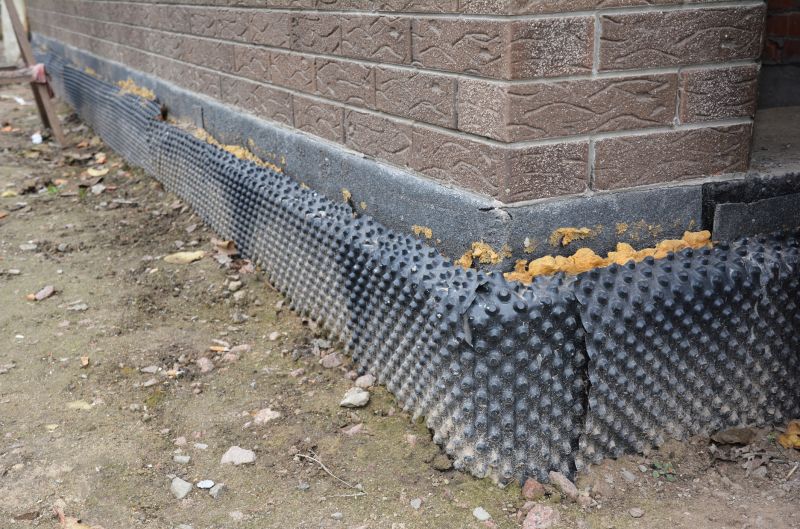
Spring offers moderate temperatures ideal for waterproofing projects, allowing materials to cure properly.
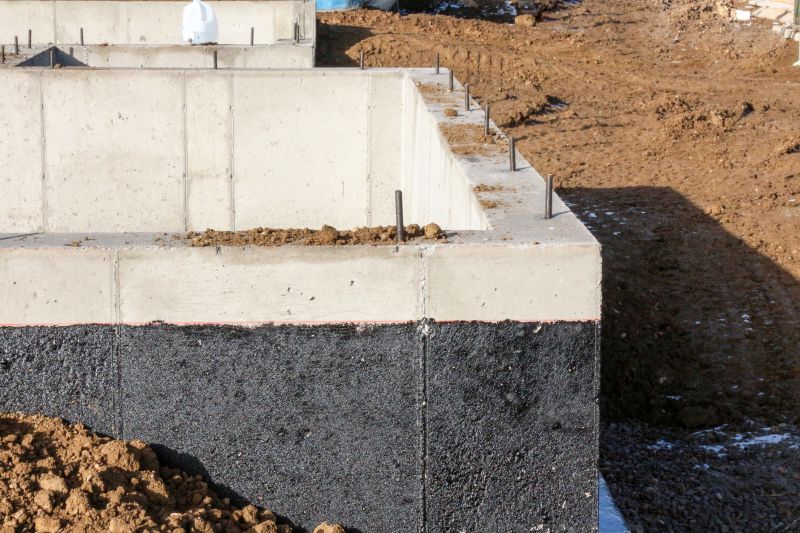
Summer provides longer days and warmer weather, suitable for waterproofing, especially in dry conditions.
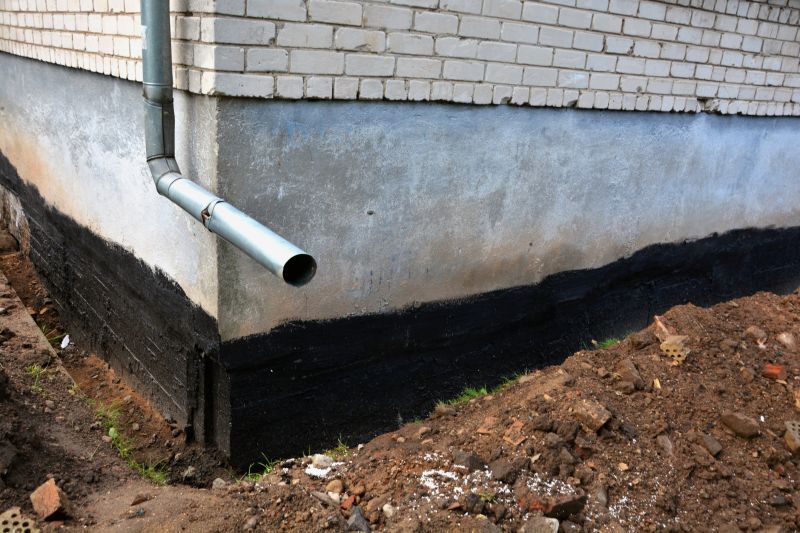
Fall's cooler temperatures and lower humidity create favorable conditions for waterproofing applications.
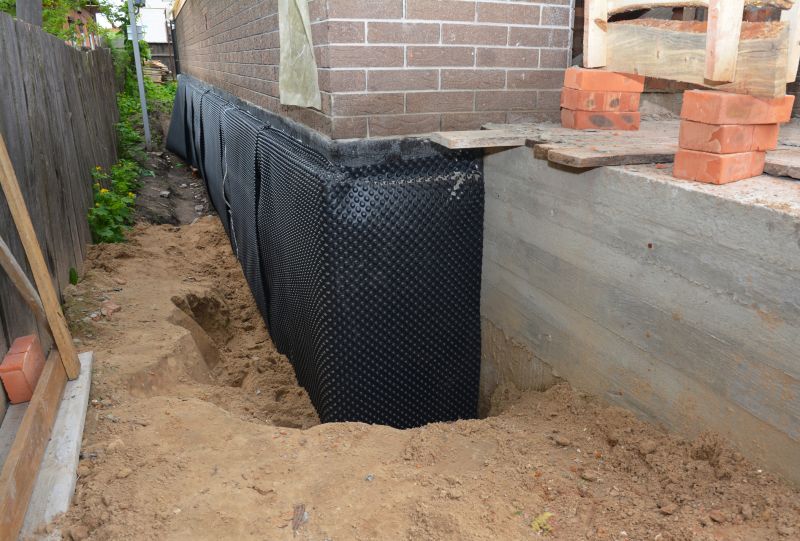
Winter is generally unsuitable due to freezing temperatures and high moisture levels, which can hinder curing.
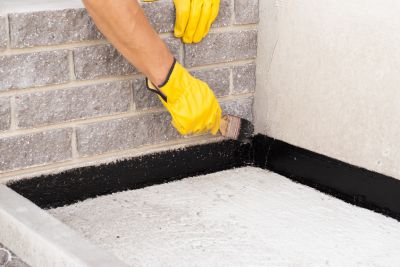
Late spring and early fall are considered the most advantageous times for waterproofing projects.
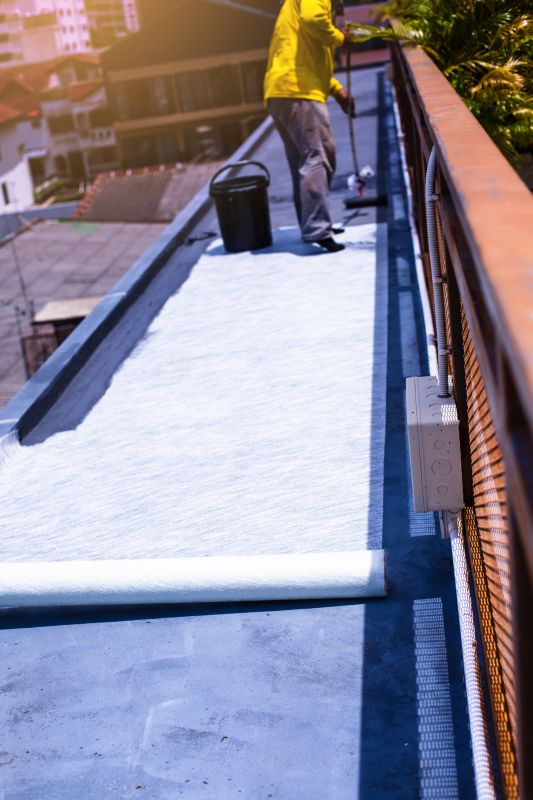
Avoid waterproofing during rain, snow, or extreme cold to ensure proper adhesion and durability.
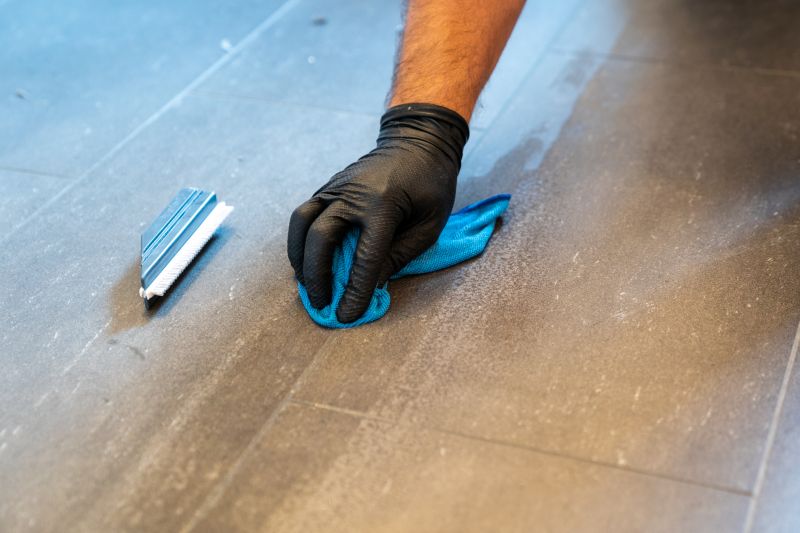
Ways to make Waterproofings work in tight or awkward layouts.
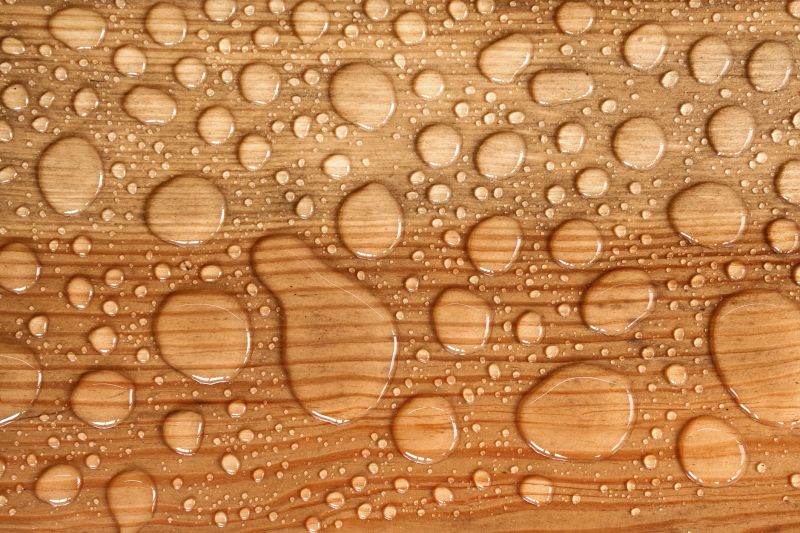
Popular materials for Waterproofings and why they hold up over time.
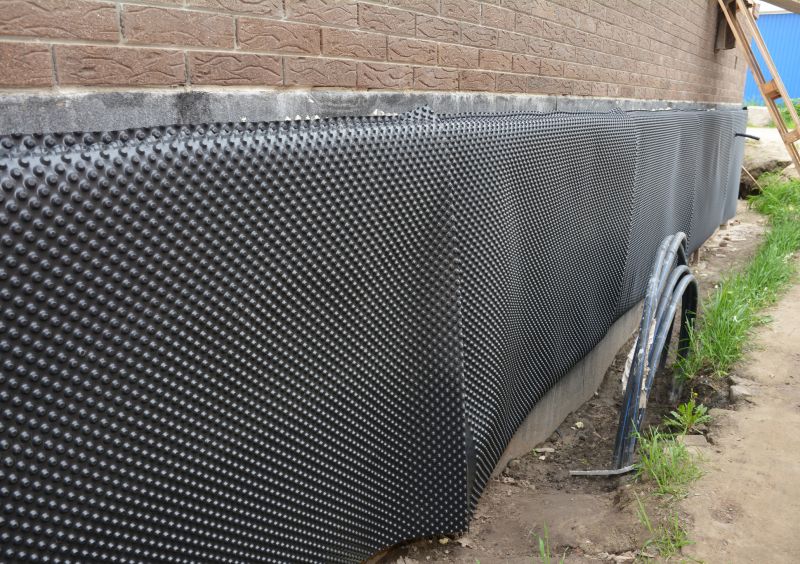
Simple add-ons that improve Waterproofings without blowing the budget.
Waterproofings are essential for protecting structures from water infiltration, which can cause damage, mold growth, and structural deterioration. Proper waterproofing extends the lifespan of buildings and reduces maintenance costs. Different techniques and materials are used depending on the climate, structure type, and specific needs. Effective waterproofing involves surface preparation, selecting appropriate materials, and applying them under suitable weather conditions.
Statistics indicate that waterproofing can significantly reduce water-related damages, saving property owners substantial repair costs. Properly applied waterproofing systems can prevent leaks, dampness, and deterioration, especially in areas prone to heavy rainfall or ground moisture. Timely waterproofing can also improve indoor air quality by preventing mold growth caused by moisture intrusion.
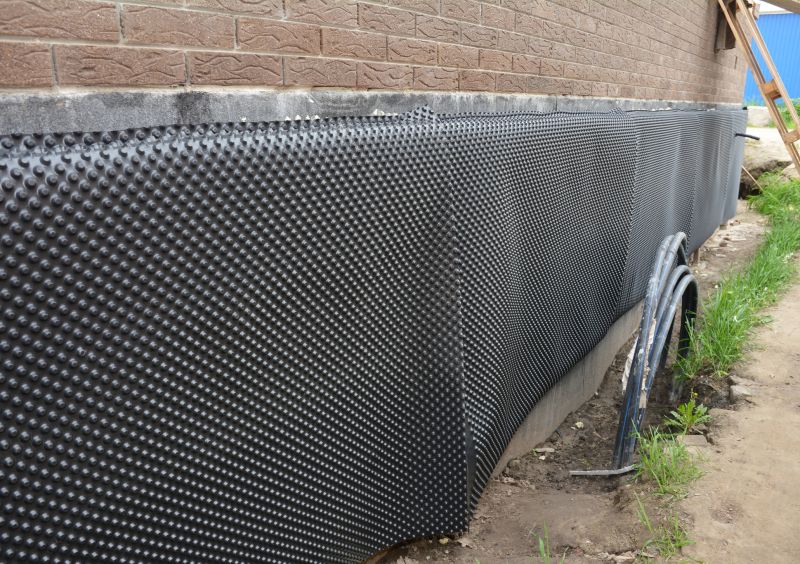
High-quality membranes create a seamless barrier against water intrusion.
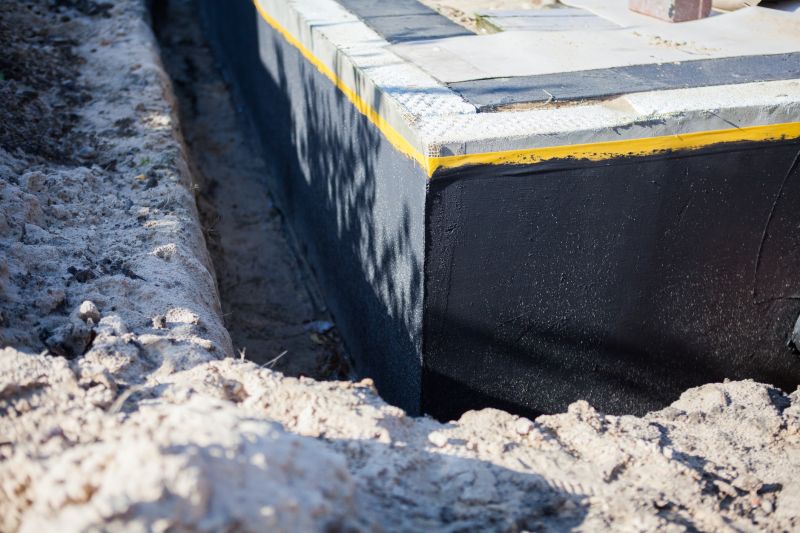
Sealants provide flexible, durable protection for joints and cracks.
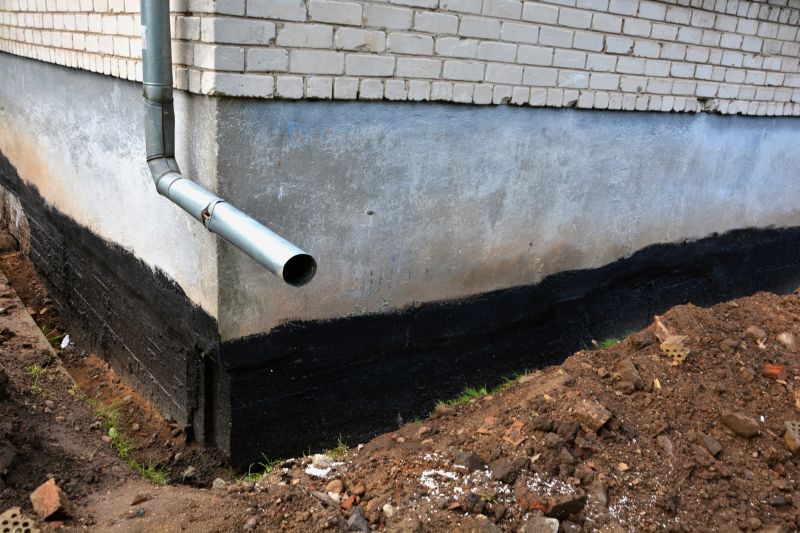
Specialized systems prevent groundwater seepage into basements.
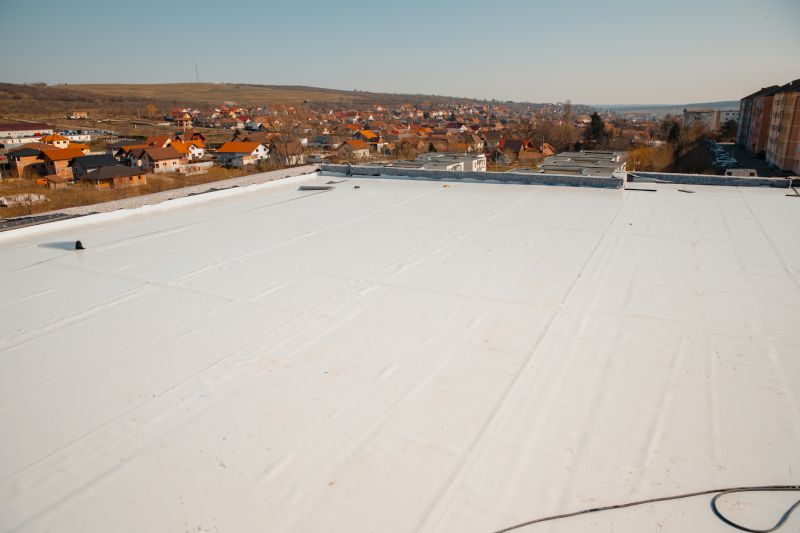
Protects roofs from leaks and extends their lifespan.
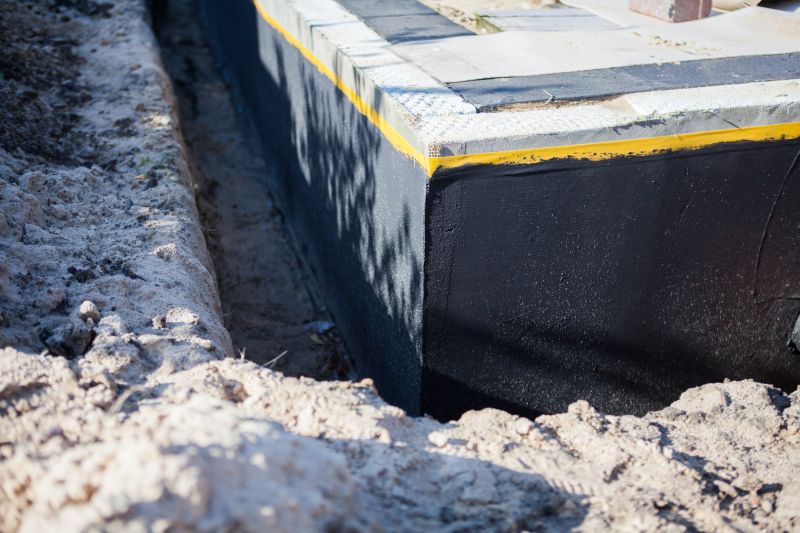
Prevents water from penetrating foundations, reducing structural risks.
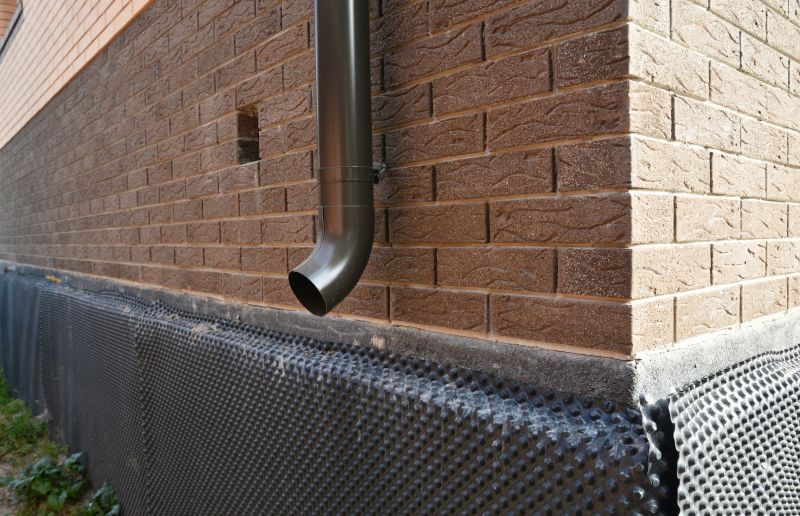
Includes tapes, primers, and drainage systems for comprehensive protection.
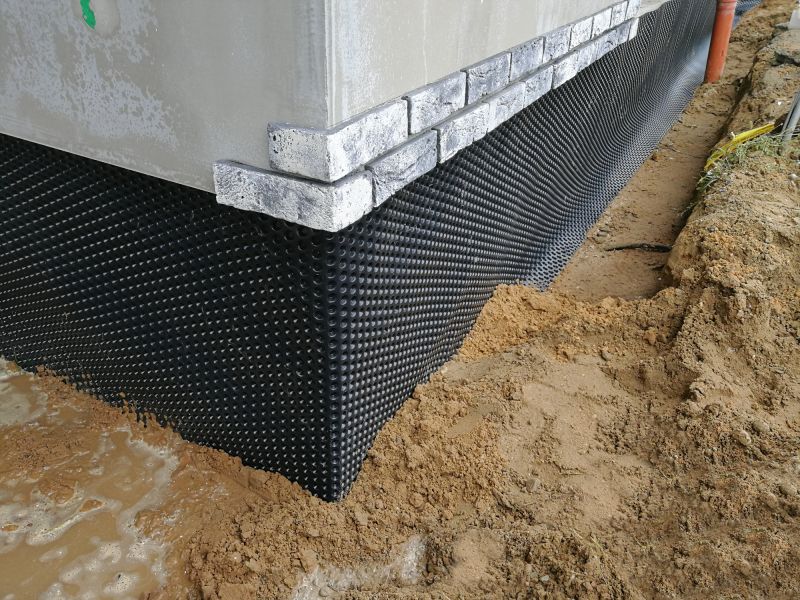
Custom solutions tailored to specific building requirements.
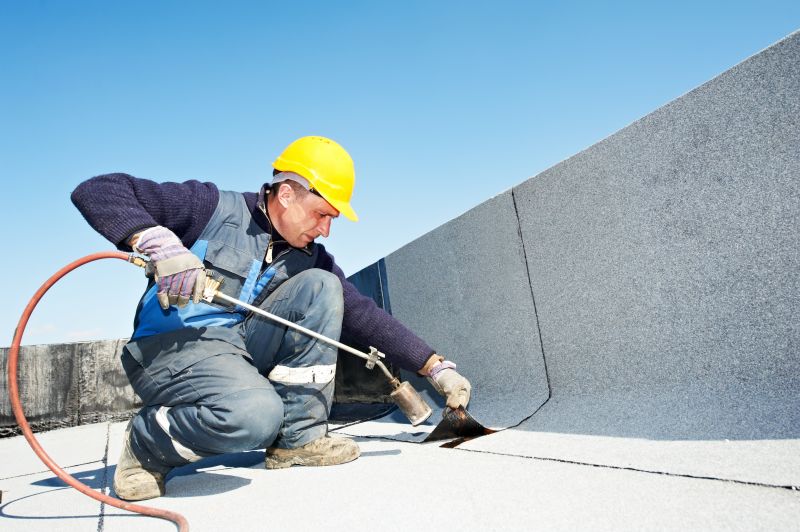
Proper application ensures long-lasting waterproofing performance.
| Season | Suitable Conditions |
|---|---|
| Spring | Moderate temperatures, low humidity |
| Summer | Warm, dry weather |
| Fall | Cooler temperatures, low humidity |
| Winter | Not recommended due to freezing temperatures |
High-end options that actually feel worth it for Waterproofings.
Finishes and colors that play nicely with Waterproofings.
Little measurements that prevent headaches on Waterproofings day.



